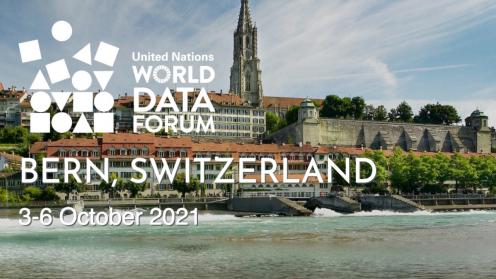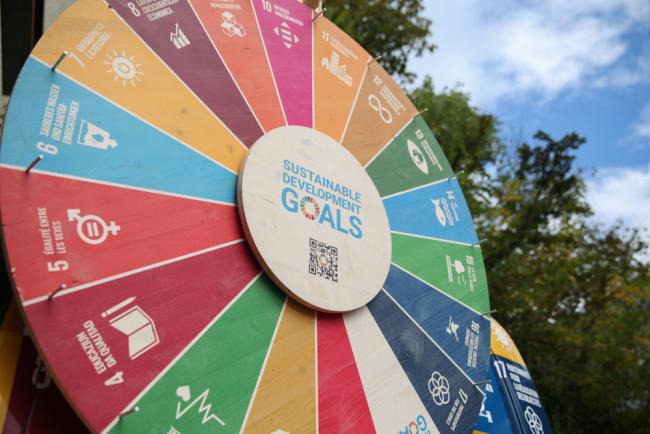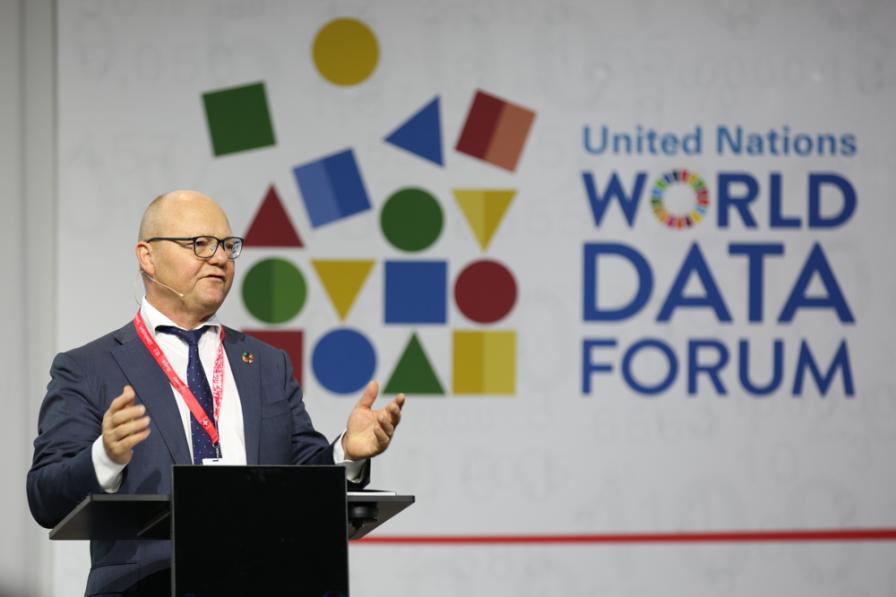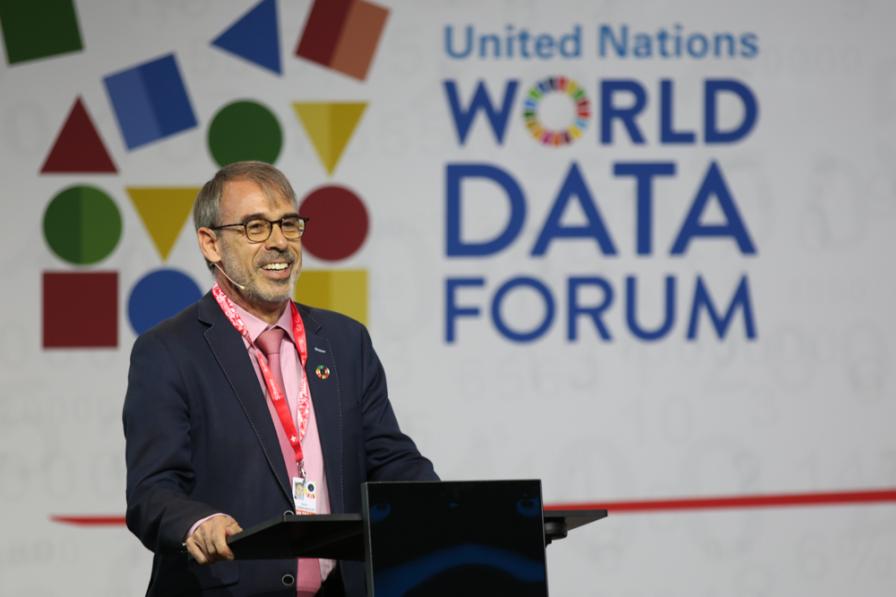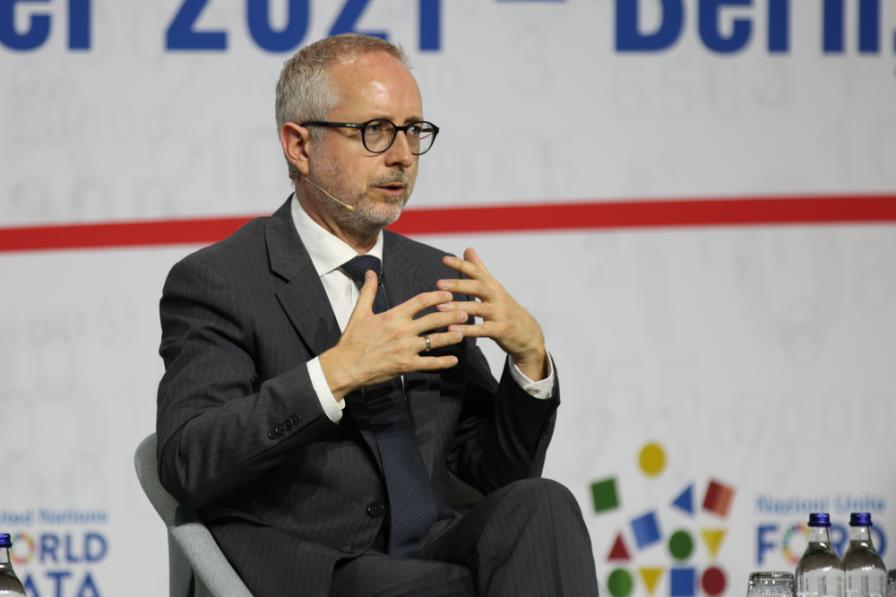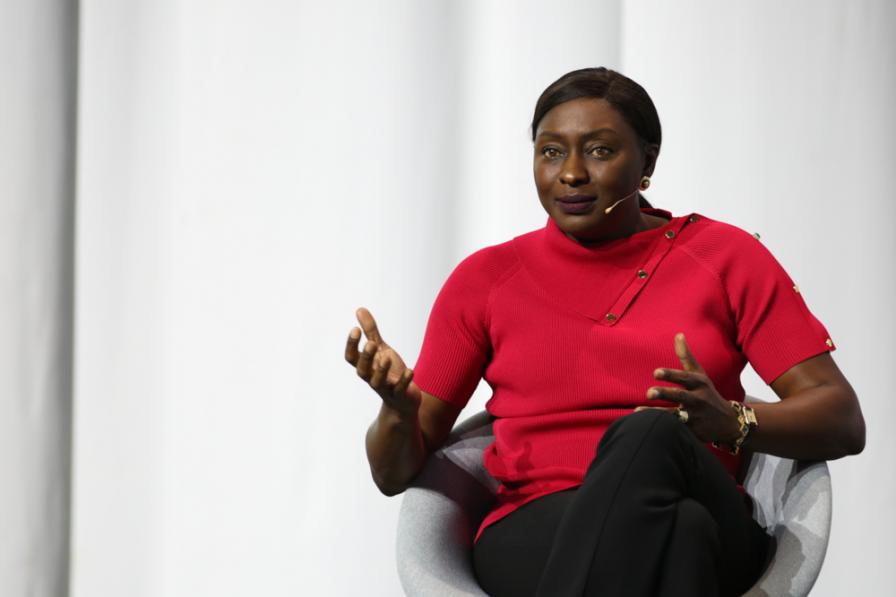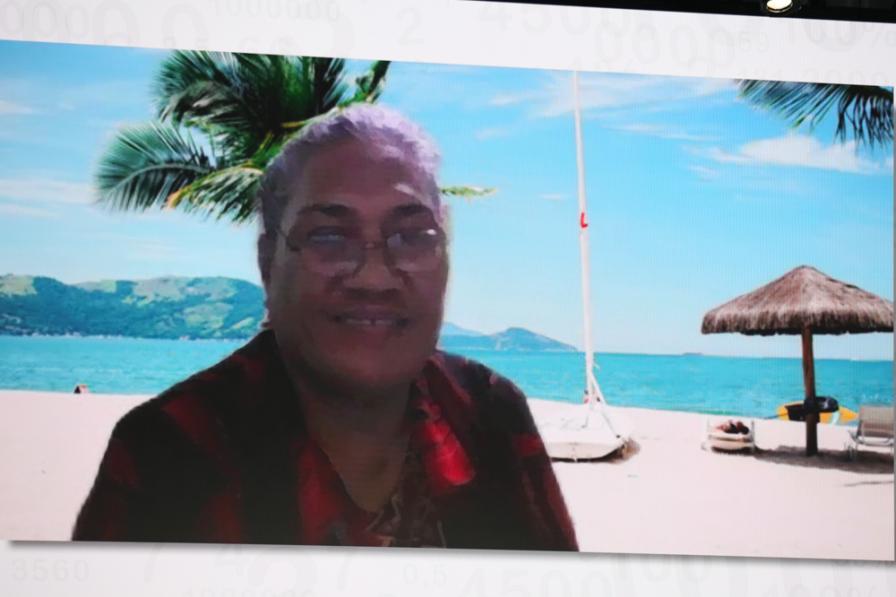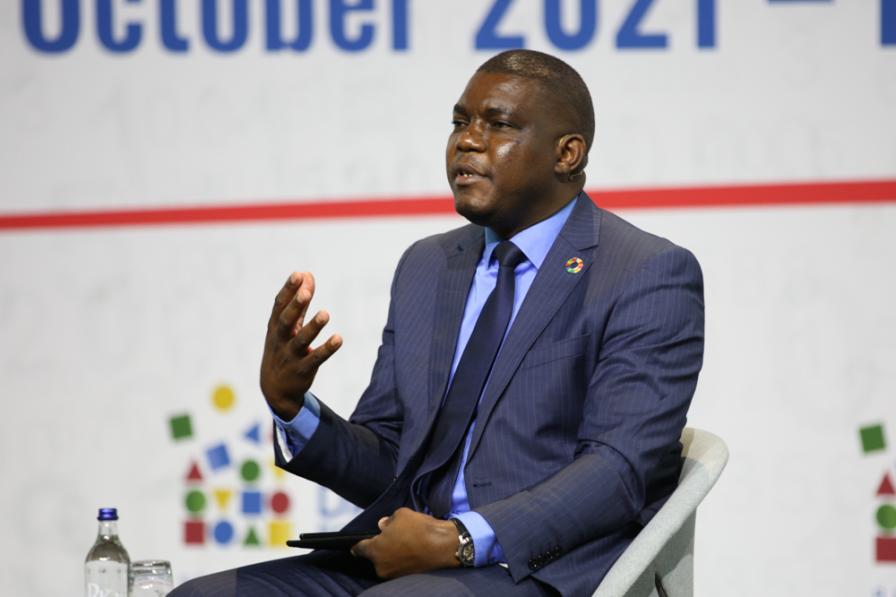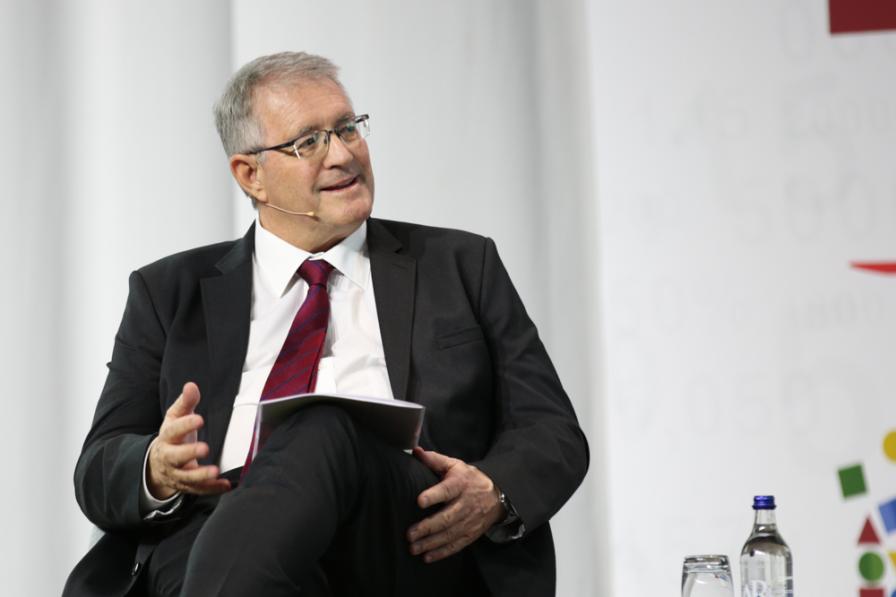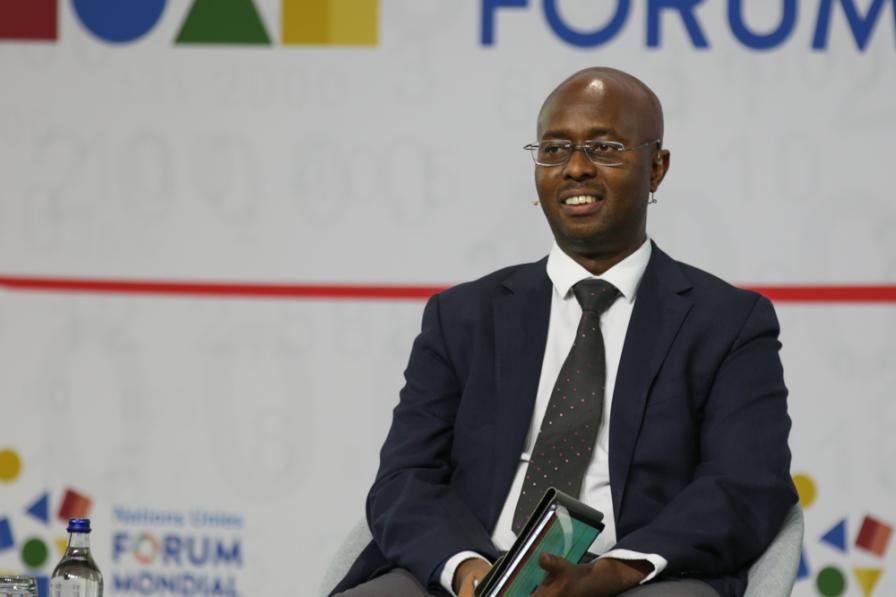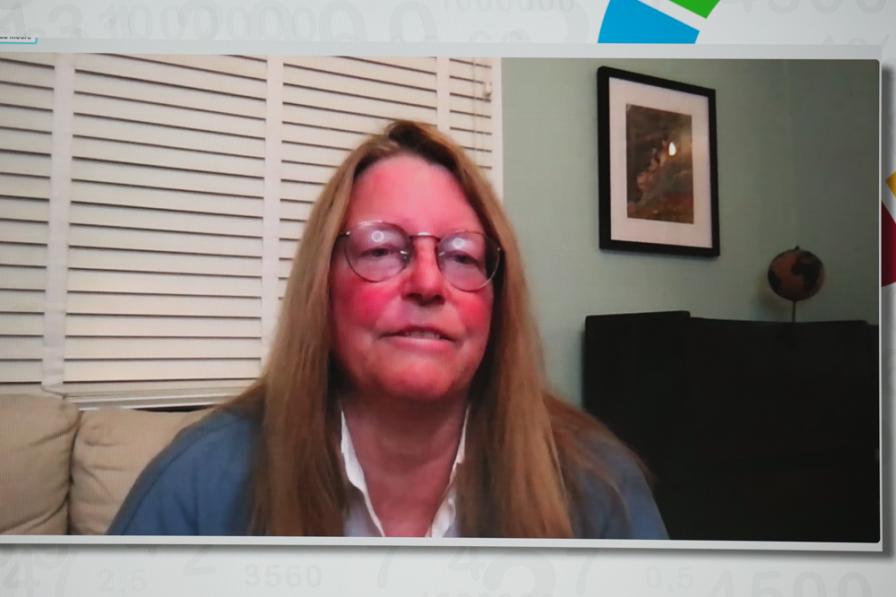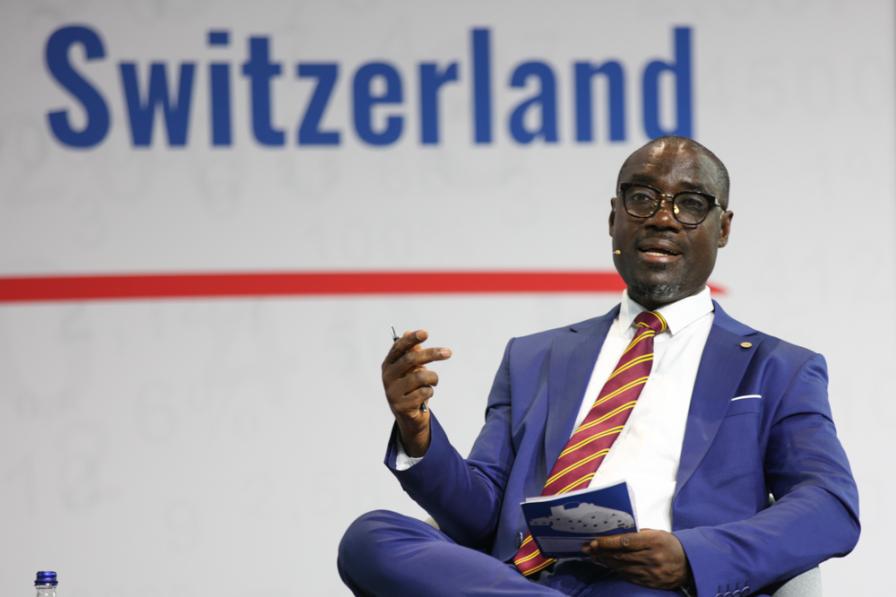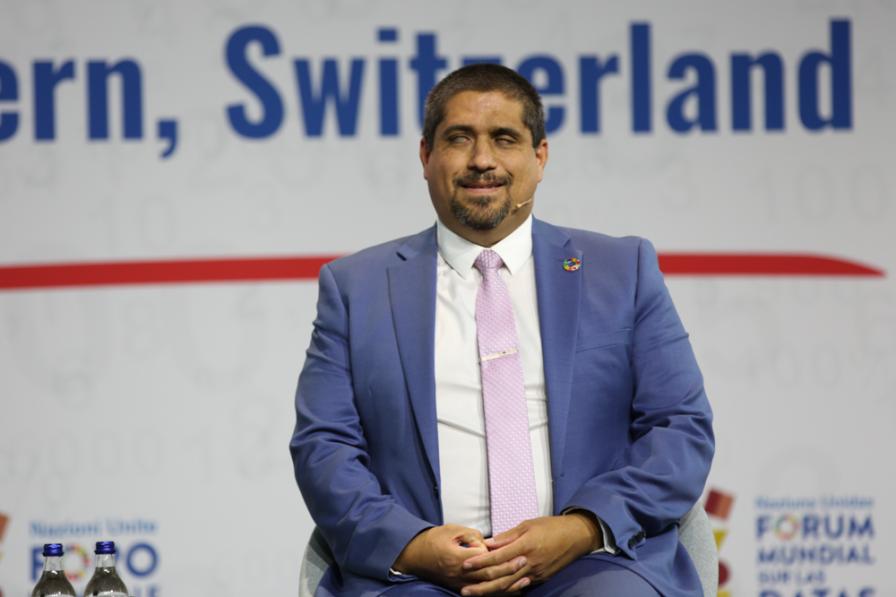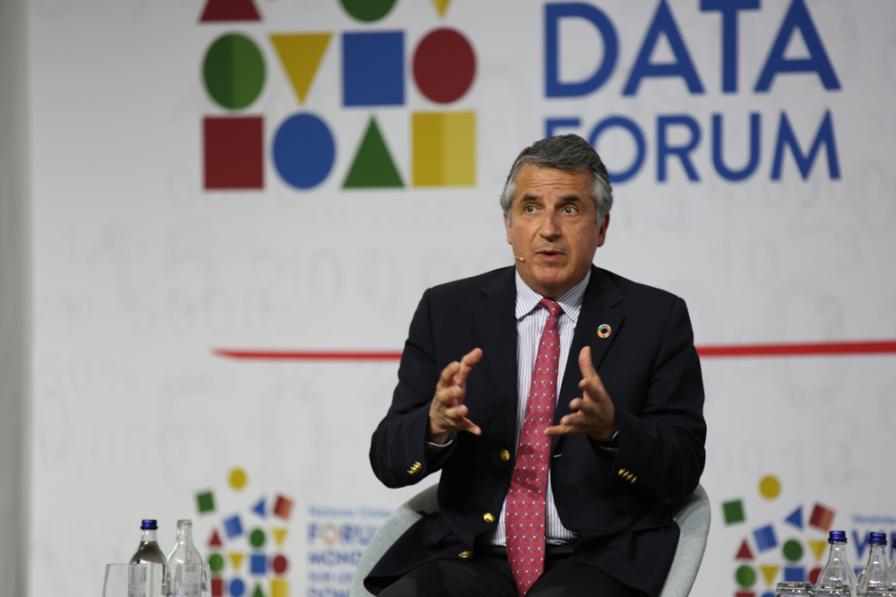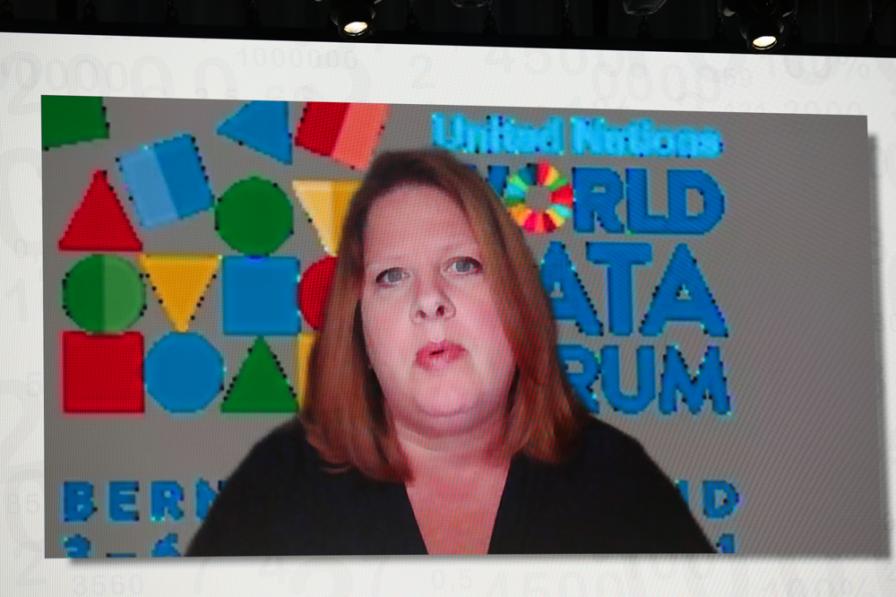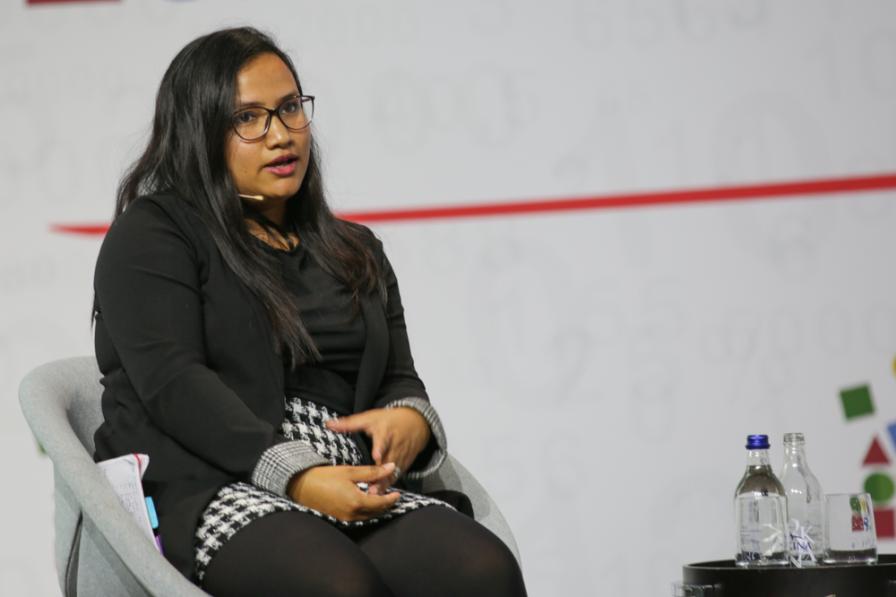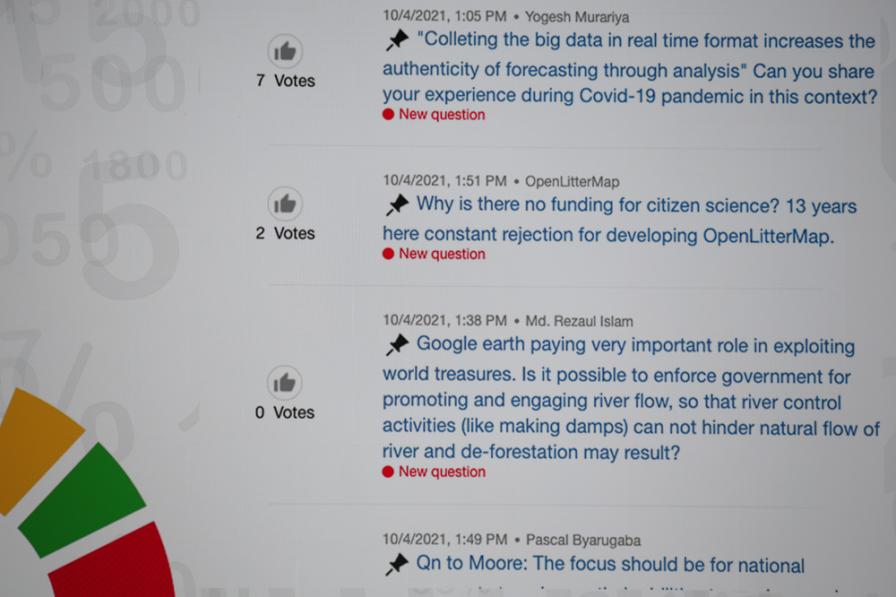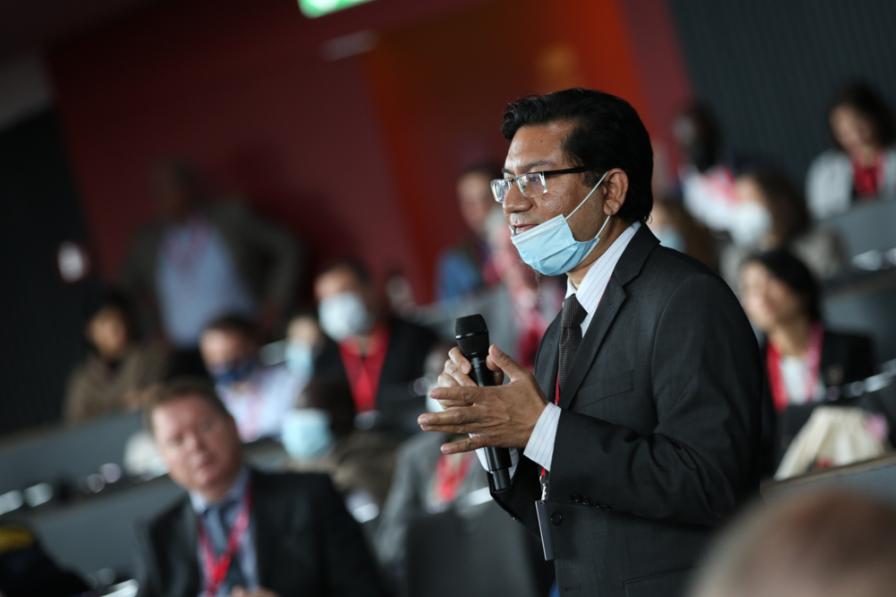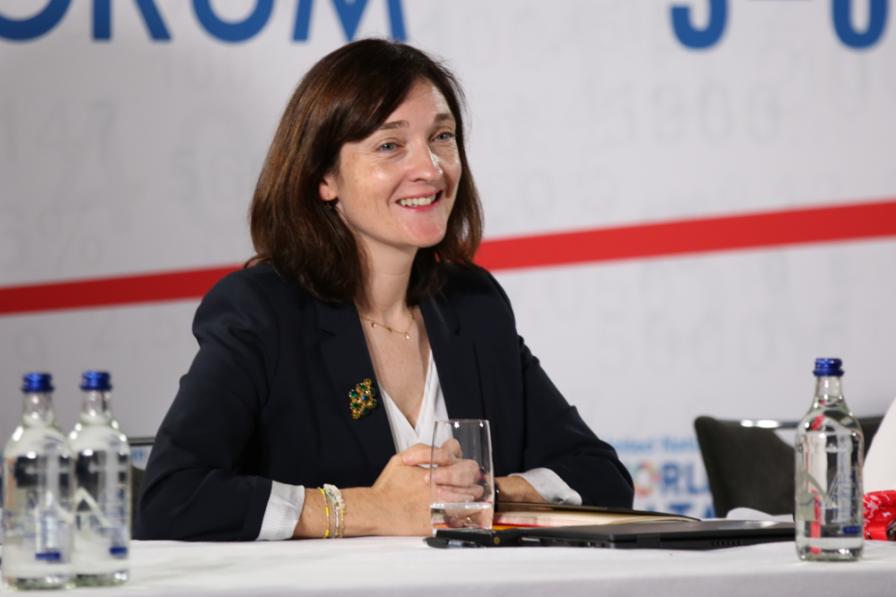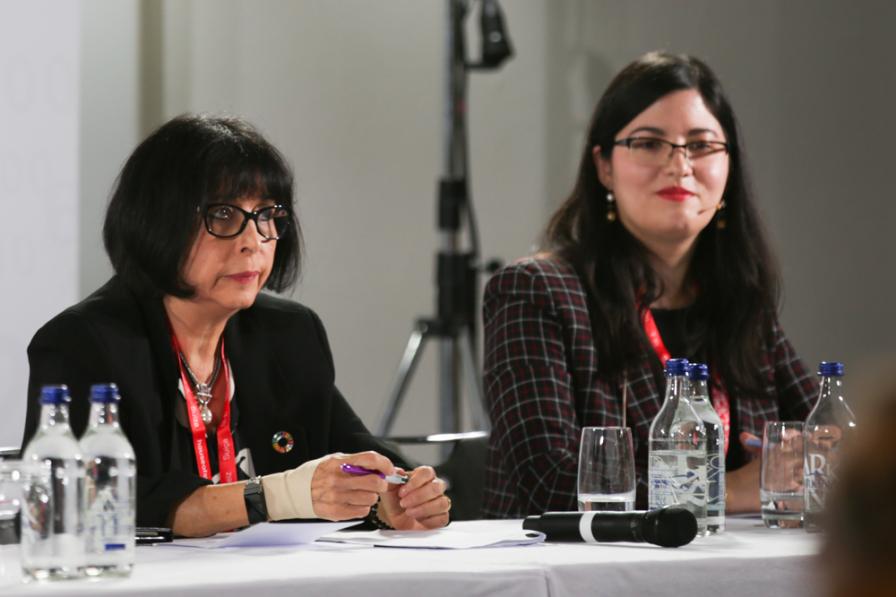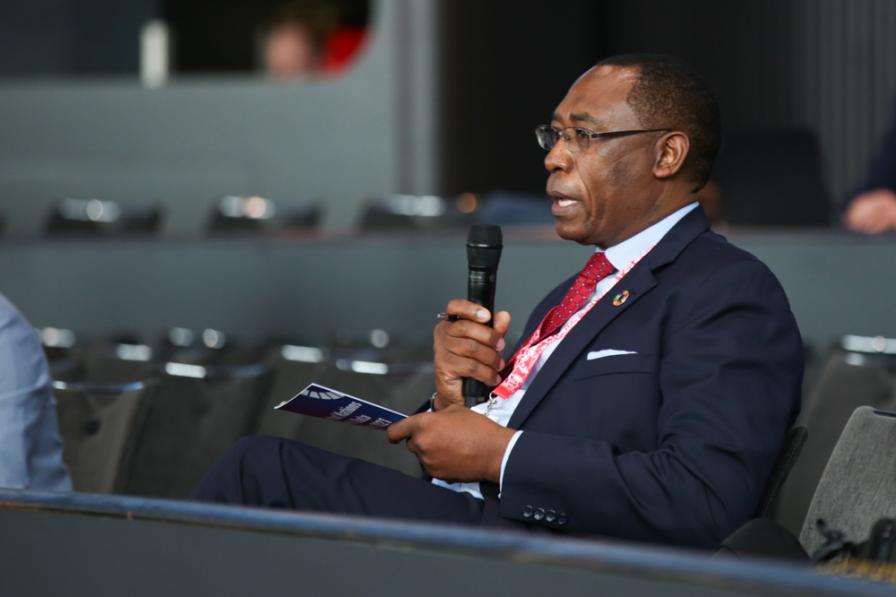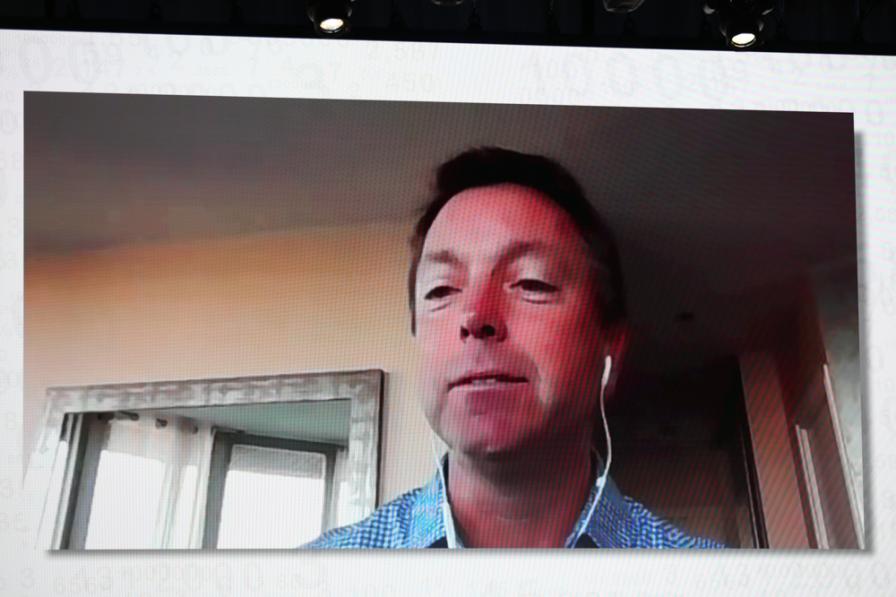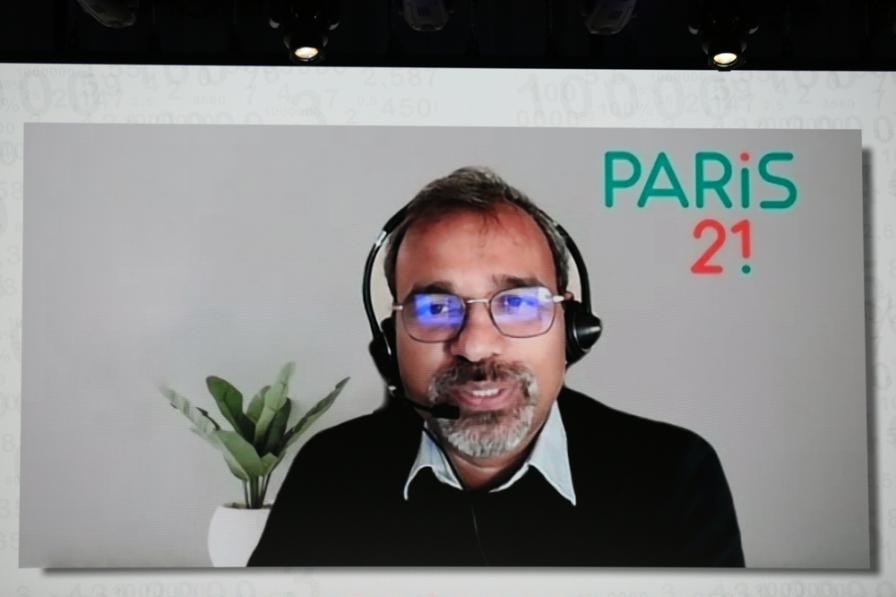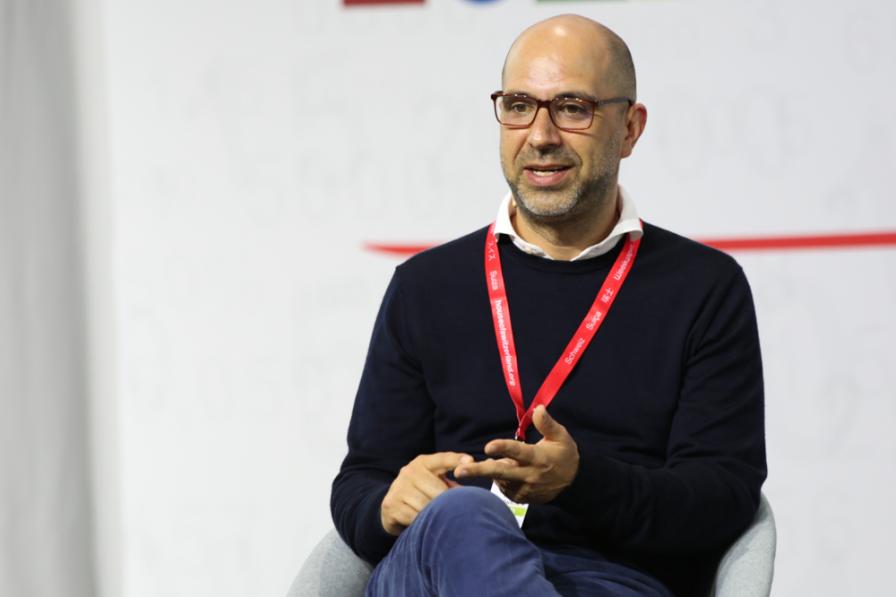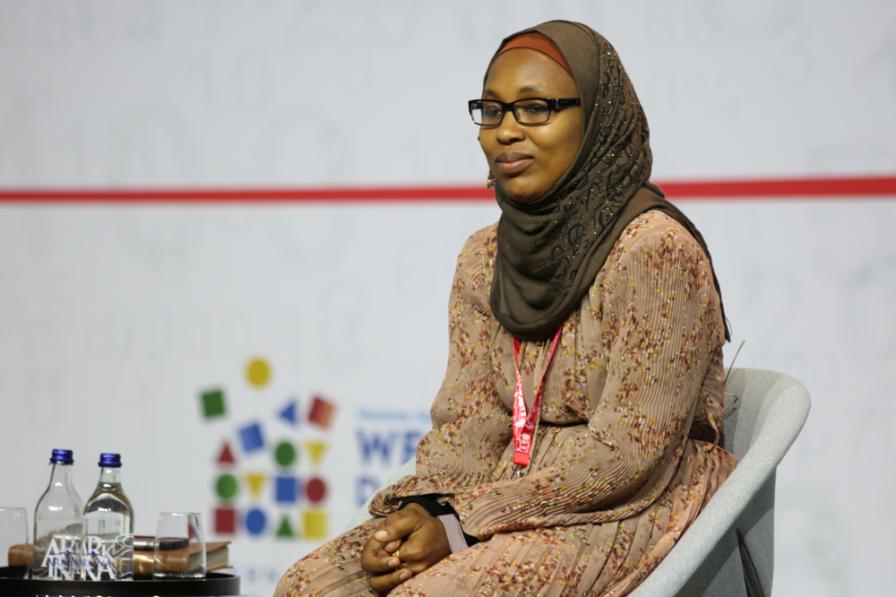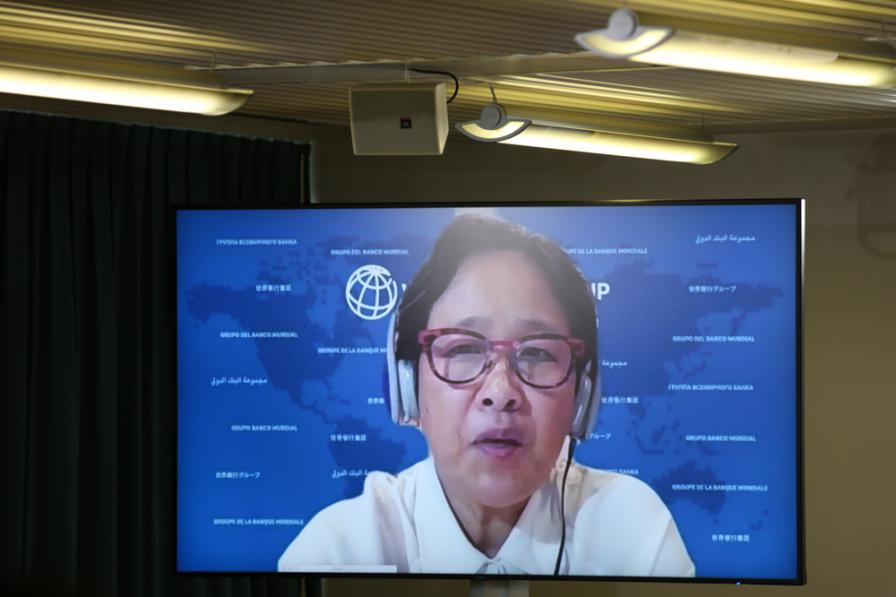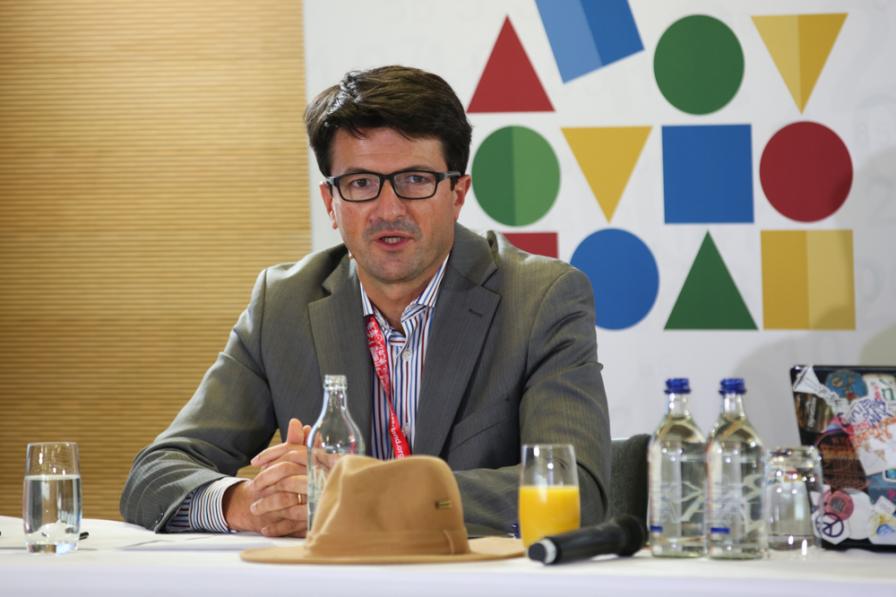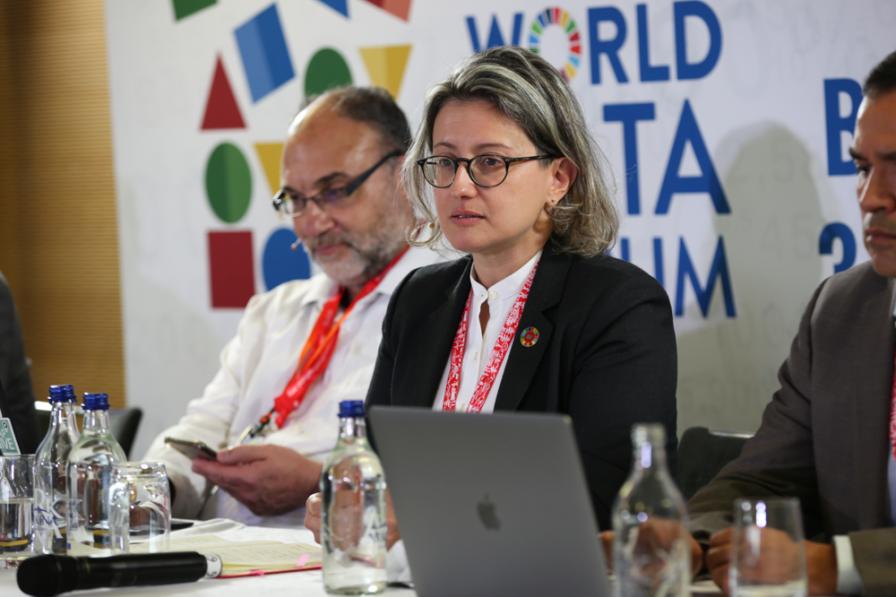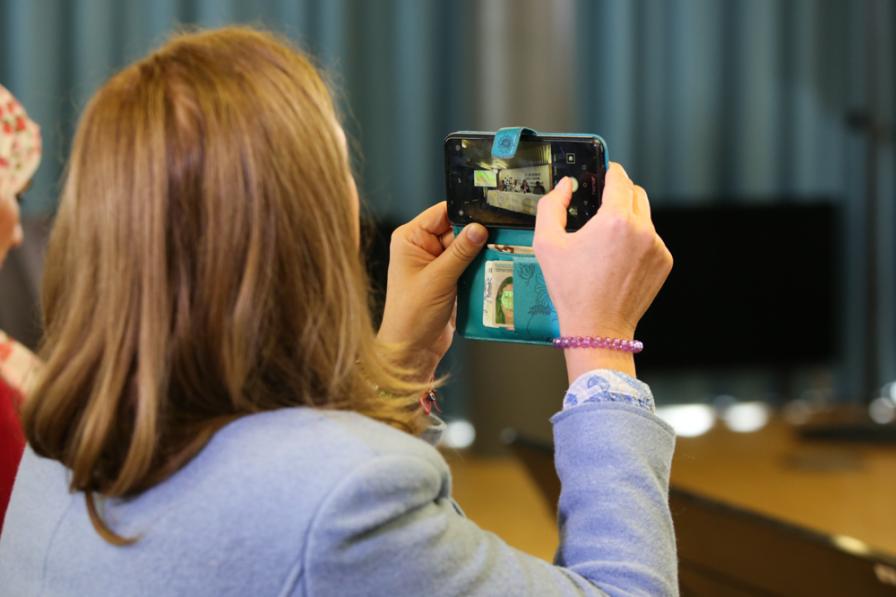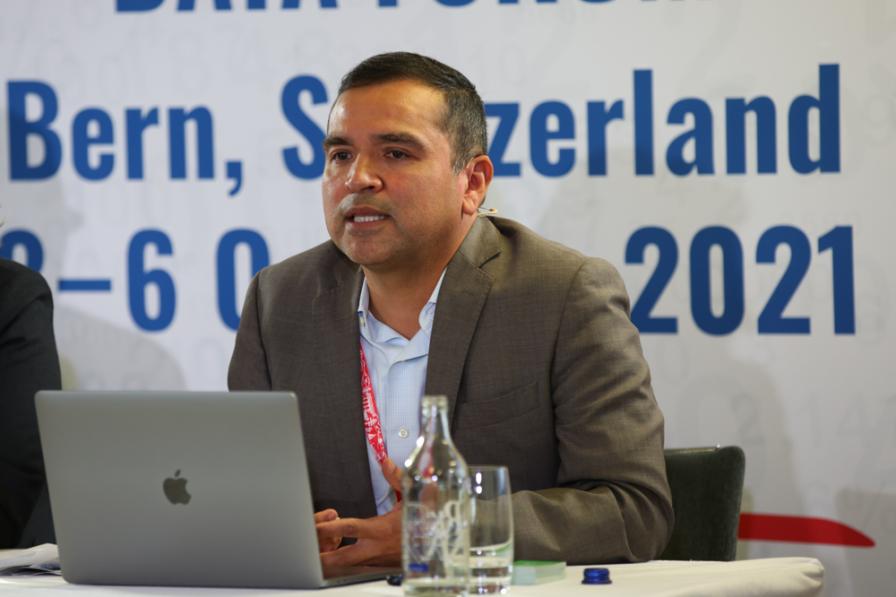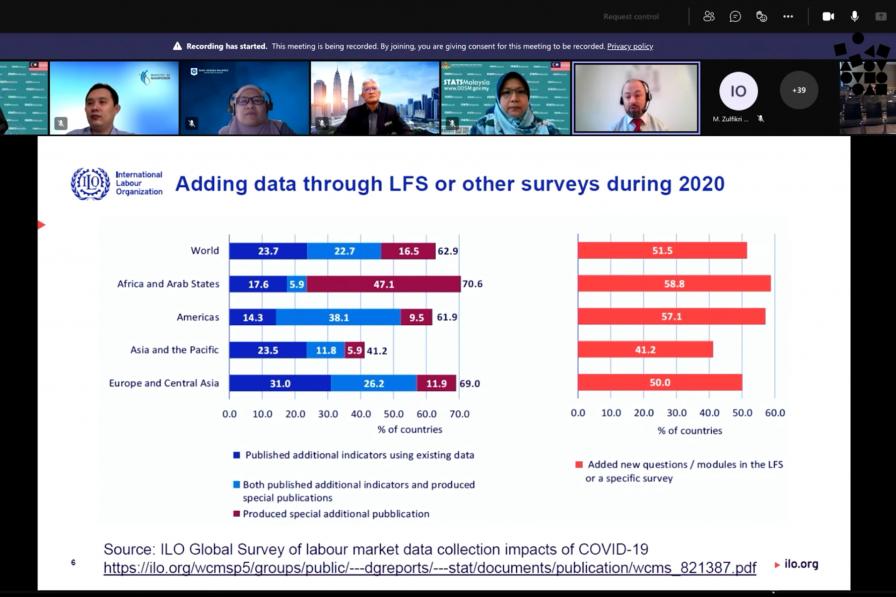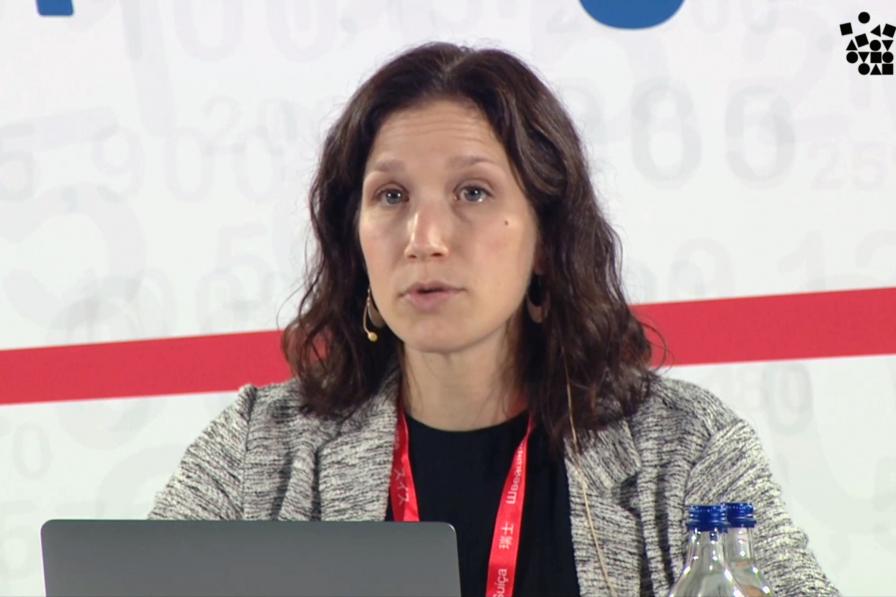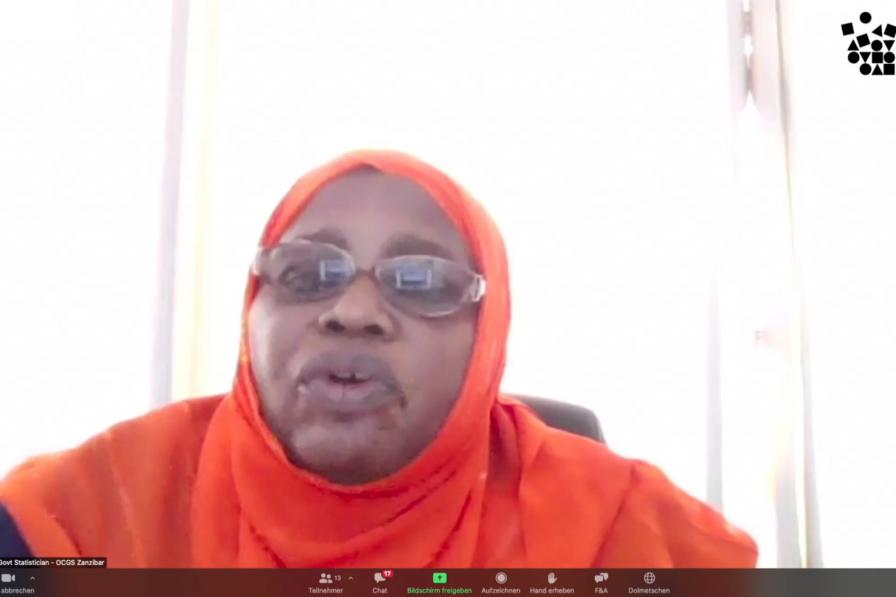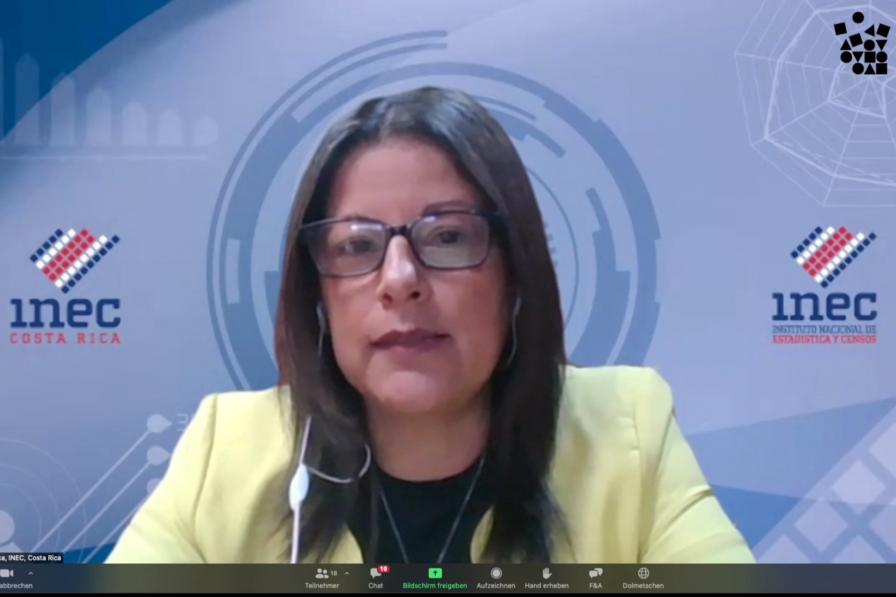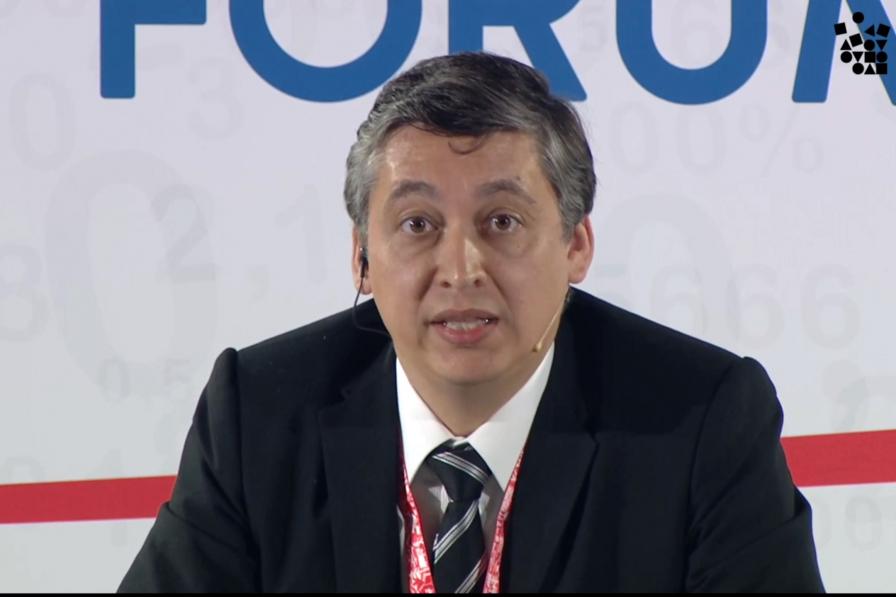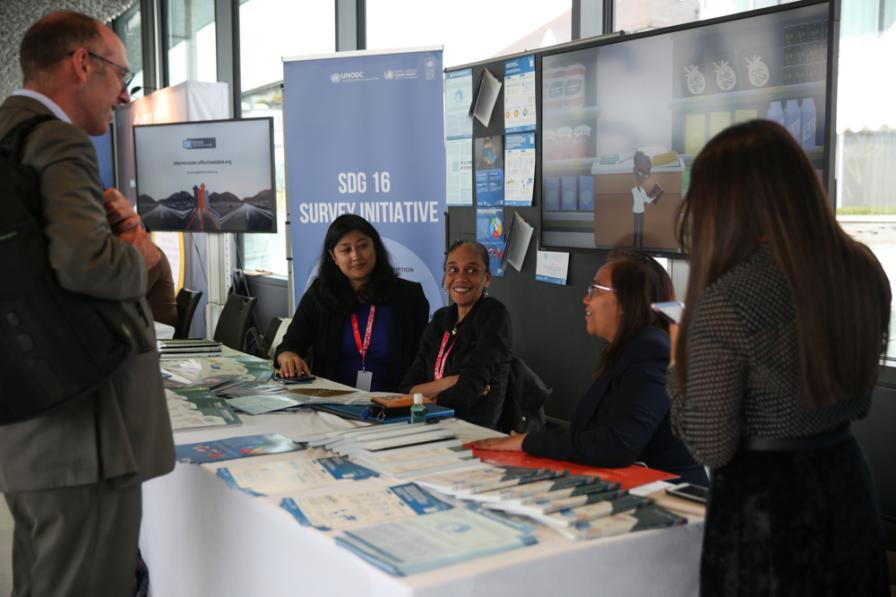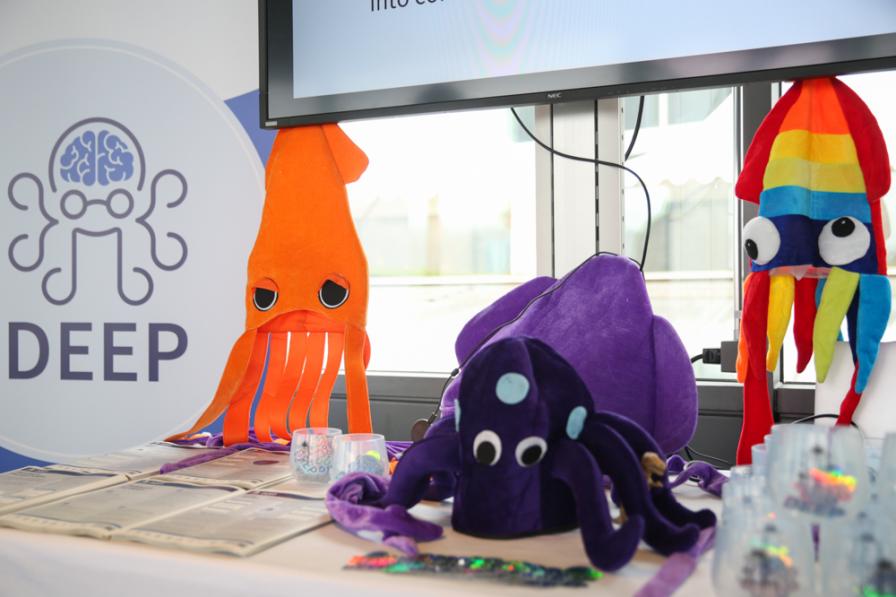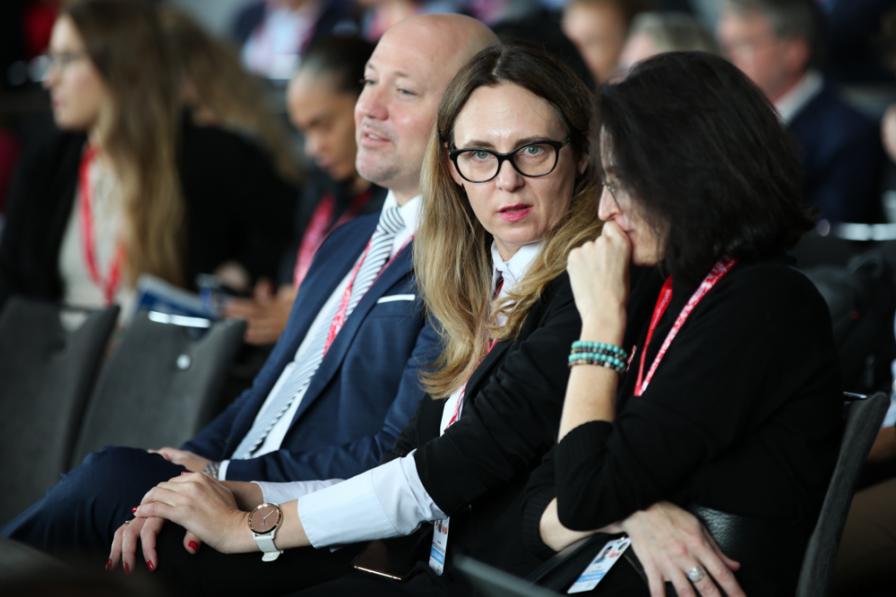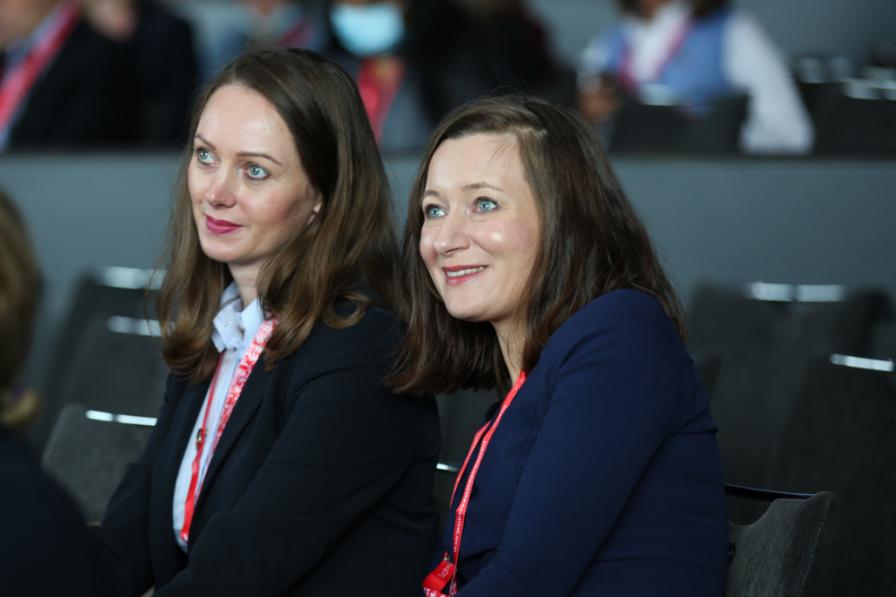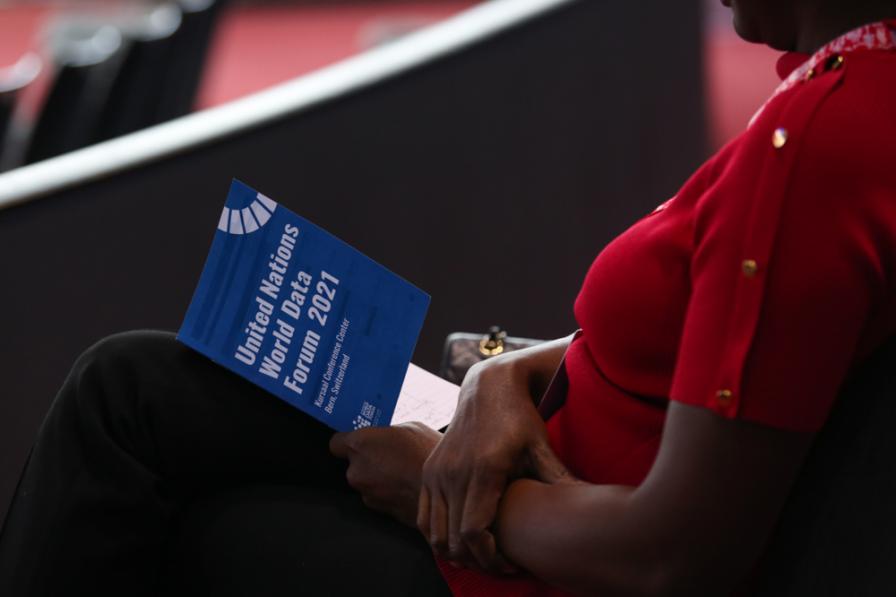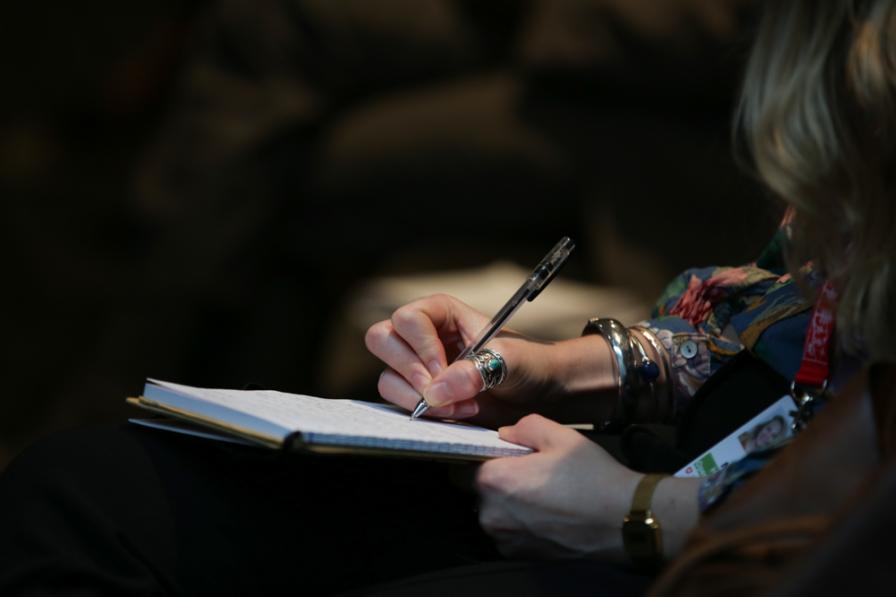Georges-Simon Ulrich, Director General, Swiss Federal Statistical Office, welcomed participants to the 2021 United Nations World Data Forum (UNWDF), inviting discussions on new approaches for capacity development, establishing new data ecosystems, and building trust among all stakeholders. Stefan Schweinfest, Director, UN Statistics Division, stressed the role of the data community in supporting policy and decision making around the world through accountability, calling data a worthwhile investment in this effort.
During a high-level plenary on capacity development, Aliimuamua Malaefono Tauā-Faasalaina, Samoa Bureau of Statistics, underscored that data collection should be meaningfully tailored to local needs. Bård Vegar Solhjell, Norwegian Agency for Development Cooperation, said data is the infrastructure of the 21st century.
Njide Ndili, PharmAccess Foundation, called for leapfrogging solutions in the health care sector. Charles Lebon Mberi Kimpolo, Global Network Secretariat of the African Institute for Mathematical Sciences - Next Einstein Initiative (AIMS-NEI), underscored the need for training statisticians in data science.
Responding to questions regarding the role of the private sector, Ndili underscored the need to build regulators’ capacity to ensure public interest is at the heart of policy development and avoid cooptation by big industry actors. Kimpolo called for differentiating between global and local private sector actors.
During a high-level panel on innovating timely data for COVID-19 and the Sustainable Development Goals (SDGs), Albert van Jaarsveld, International Institute for Applied Systems Analysis (IIASA), said citizen science can supplement official statistics, enhance education, and contribute to the “democratization of science.” Rebecca Moore, Director, Google Earth, described Google’s Plus Codes, which can provide coordinate-based addresses to people that are being left behind because they lack a physical address.
Mago Yusuf Murangwa, Director General, National Institute of Statistics of Rwanda (NISR), highlighted the need to invest in human skills training and reliable hard infrastructure. Daniel Asare-Kyei, CEO, Esoko Limited, shared how his company’s Community Management Platform was used to “get data into the hands of the smallholder farmers” across Africa during the pandemic.
Panelists discussed how to adapt to constantly changing data ecosystems and leverage new opportunities. They also addressed the role of theories and models.
During a high-level panel on leaving no-one behind, Alison Bryant, AARP, highlighted data gaps on older people’s reality, calling for attention to intersectionality. José Viera, CEO, World Blind Union, underscored insufficient and unreliable data impedes robust assessment of the condition of persons with disabilities. He called for including persons with disabilities and their representative organizations to address this challenge.
Julio Santaella, National Institute of Statistics and Geography (INEGI), Mexico, noted resource scarcity in the data community leads to prioritizing certain dimensions over others.
Nayana Das, IMPACT Initiatives, noted challenges of surveying displaced people, and underscored working through local partners. Ruth Levine, CEO, IDinsight, stressed the relevance of gender-sensitive surveyor training.
Responding to questions, panelists stressed, among other issues, data collection as a pre-condition for inclusion and the need to deliver results to high-level stakeholders, as well as to empower the citizens who contributed. Panelists concluded that leaving no one behind requires: collaboration and coordination; financial support informed by the needs of excluded communities; increasing capacities of National Statistical Offices; inclusion and accessibility; and centralizing the voices of people with disabilities.
Selected Videos from the Parallel Sessions
To receive free coverage of global environmental events delivered to your inbox, subscribe to the ENB Update newsletter.
Images from Plenary Sessions
Images from Parallel Sessions
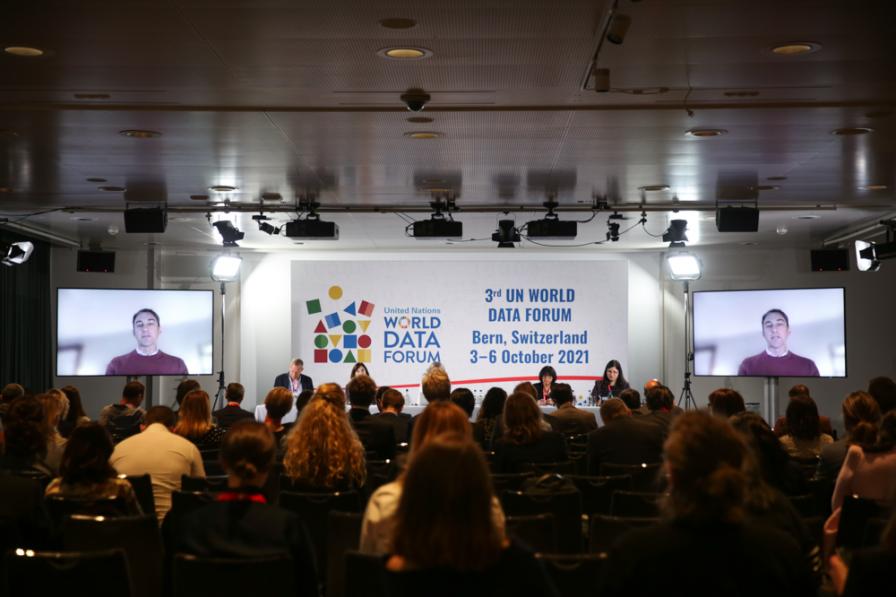
Delegates gather for the session 'Smart investments in data for development: Launch of the Clearinghouse for Financing Development Data'.
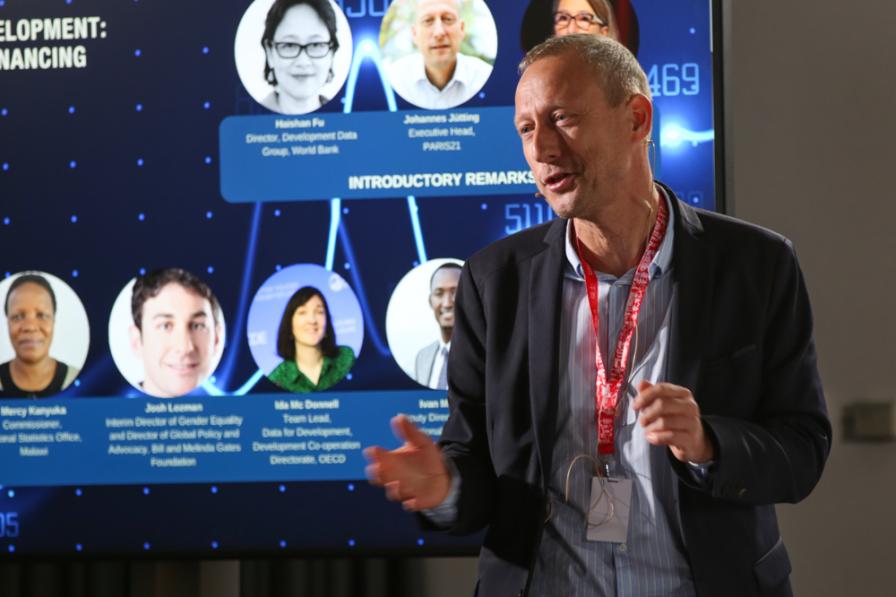
Johannes Jütting, Executive Head, Partnership in Statistics for Development in the 21st Century (PARIS21)
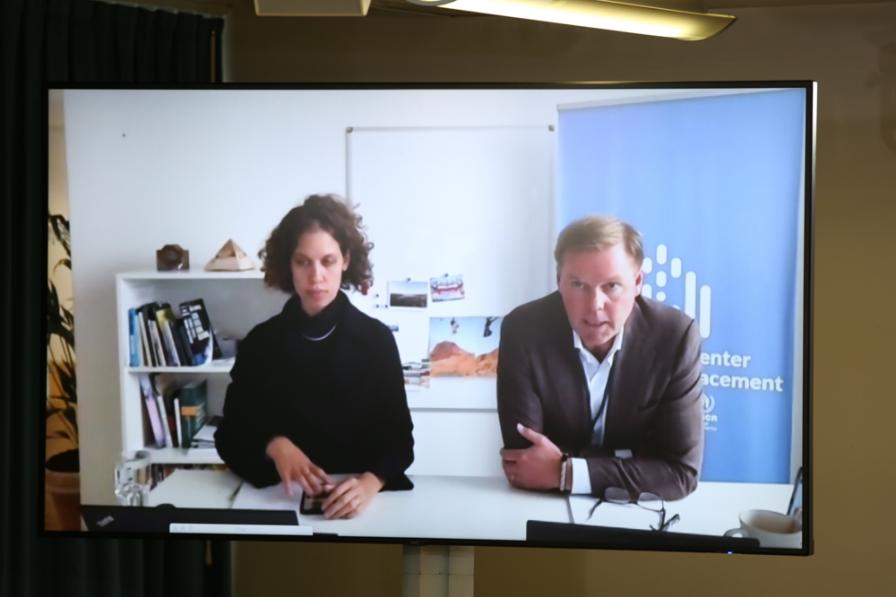
Natalia Baal, UN High Commissioner for Refugees (UNHCR), and Björn Gillsäter, UNHCR Joint Data Center on Forced Displacement
Images from Virtual Sessions
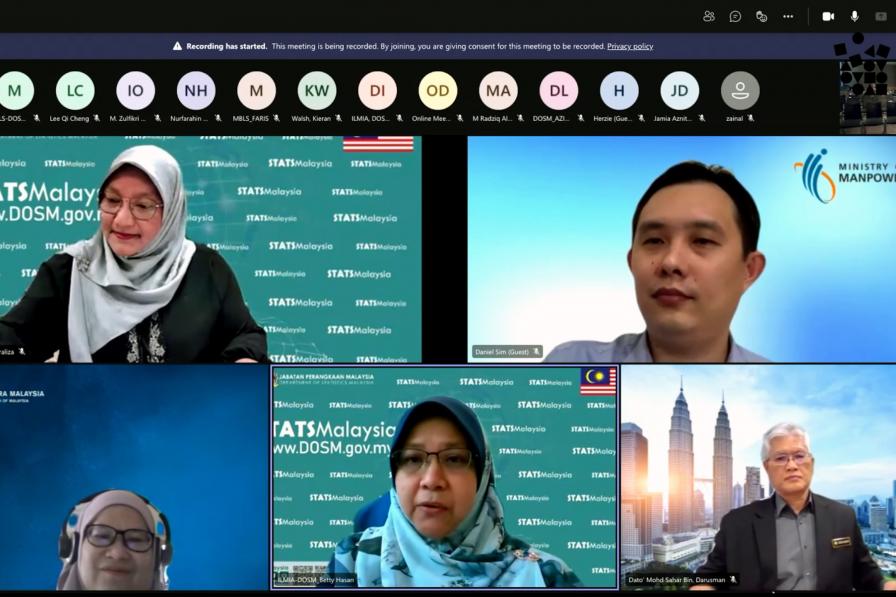
Speakers view during the 'Re-strategizing labour market data collection, analysis and dissemination in time of crisis' session
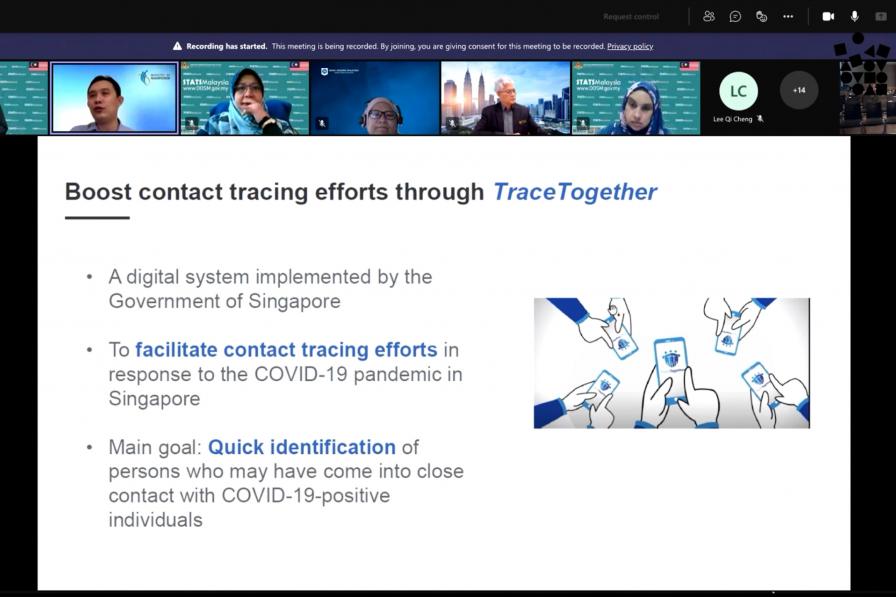
Daniel Sim, Ministry of Manpower, Singapore, presenting on 'Enriching Data Analysis and Ensuring Timely Dissemination to Fulfil Growing Labour Market Data Needs'
